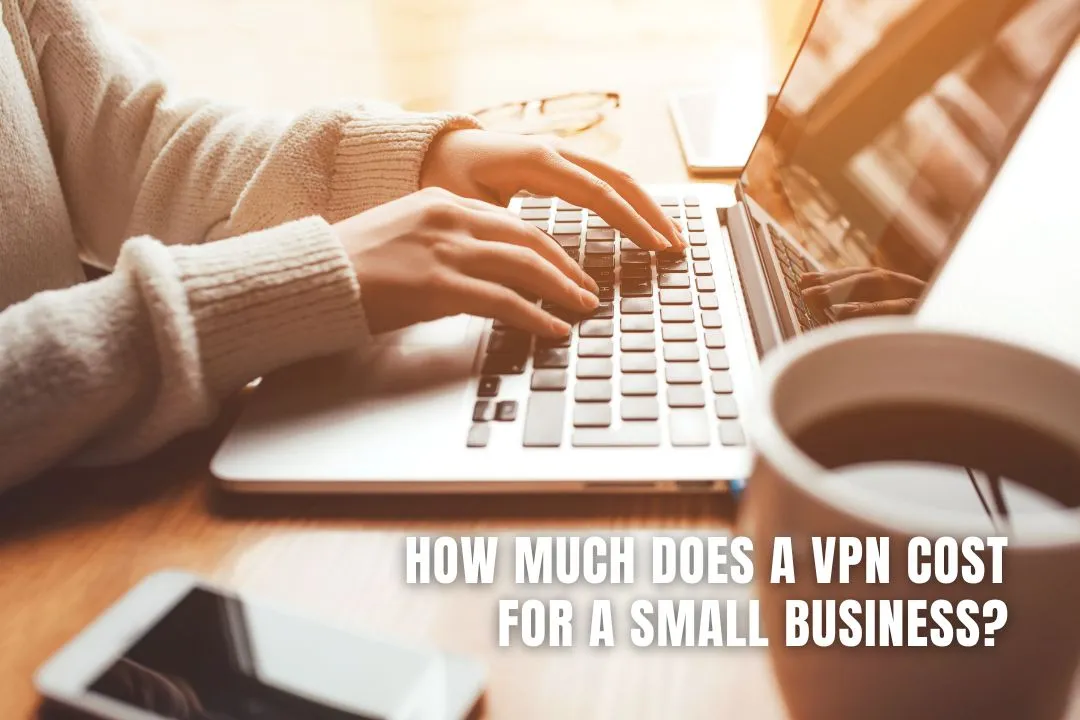
Editorial Disclaimer
This content is published for general information and editorial purposes only. It does not constitute financial, investment, or legal advice, nor should it be relied upon as such. Any mention of companies, platforms, or services does not imply endorsement or recommendation. We are not affiliated with, nor do we accept responsibility for, any third-party entities referenced. Financial markets and company circumstances can change rapidly. Readers should perform their own independent research and seek professional advice before making any financial or investment decisions.
Meet John, a small e-commerce entrepreneur. One fateful day, a cyberattack exposes his customers’ data, costing him a fortune. If only he had opted for a VPN, he could have dodged that disaster. If you're like John, you might be asking: How much does a VPN actually cost—worth the investment? This article demystifies VPN pricing, directing you to secure choices for your business.
A VPN protects network traffic, but it doesn’t stop browser fingerprinting or device-level linking. A mobile antidetect browser with Multilogin lets small teams emulate real mobile devices and isolate browser profiles, a useful complement to a VPN when managing multiple accounts or running sensitive tests. At the end of the day, every business handles sensitive information, that needs protecting such as:
A VPN establishes a secure, encrypted link between employees and the company's network. This connection allows safe access to sensitive data from virtually anywhere. It effectively thwarts:

Many small businesses underestimate cyberattack risks, believing hackers only target larger firms. However, statistics reveal:
Cybercriminals exploit vulnerabilities through:
A VPN’s encryption can protect you from these attacks.
A business VPN provides affordable security for a fraction of the cost of other measures. Most VPN services charge:
A VPN shows a commitment to cybersecurity, reassuring everyone that their data is safe. This builds:
When it comes to VPN providers, there are two pricing paths:
Opting for a yearly plan can trim costs by up to 40% over monthly billing.
Some VPNs charge by the number of users:
Basic VPN plans include encryption and secure connections, but extra features often cost more:
While free VPNs are available, they may not suit businesses because of:
Some of the companies’ VPN offer a free trial to let businesses test security features before committing.
Several factors affect how much a small business pays for a VPN:
More employees using a VPN means higher costs. Some VPNs charge per user, while others have bundled team plans.
Basic encryption is standard. However, for advanced features like AES-256 encryption, multi-factor authentication, or kill switches, you will have to pay more.
If you want a larger global server network with your VPN, the cost will be higher.
If a business needs centralised user management, dedicated servers, or audit logs, premium VPNs will likely cost more.

The primary purpose of a VPN is to bolster your security. Your VPN choice should deliver powerful encryption and solid security protocols. Some of the common security features to look for are AES-256-bit encryption, secure protocols like OpenVPN, WireGuard, or IKEv2/IPSec, kill switch, multi-factor authentication, and DNS and IP leak protection.
Many employees need secure access to company resources. Check how many simultaneous device connections a VPN allows.
For businesses with multiple devices, a VPN with higher connection limits is cost-effective and convenient.
A VPN’s server network affects its performance. Consider these points:
Not all businesses have IT teams. A user-friendly VPN is essential. Look for:
Not all VPNs are made for business. Seek VPNs tailored for small businesses, which may include:
Business-oriented VPNs provide more control and efficiency than standard ones.
VPN downtime can disrupt business operations. Choose a provider with reliable customer support to minimise issues.
A strict no-logs policy is key. This ensures your VPN provider does not store your online activity. Look for:
Check user reviews, expert opinions, and industry ratings before choosing a VPN.
With cyber threats multiplying faster than rabbits, can your business risk going unprotected? The price of a VPN is a mere drop in the bucket against the potential whirlpool of losses from breaches. So, have you pinpointed which VPN aligns with your budget and security needs? Take that crucial step and fortify your business today.
A reasonable price for a small business VPN typically ranges from £5 to £10 per user per month, especially when you opt for an annual subscription. Monthly plans are usually more expensive, costing between £10 and £15 per user. The final price will depend on the features and number of users you need.
While tempting, free VPNs are generally not recommended for business use. They often have significant limitations, such as slower speeds, data caps, fewer server locations, and weaker security protocols. Paid VPNs offer the robust protection and reliability necessary to safeguard sensitive business data.
VPN plans are very flexible. Some providers charge on a per-user basis, which is ideal for small teams. Others offer tiered plans that cover a specific number of users, for example, 5-10 connections for small teams or 10-50 for growing businesses. Always check the provider's policy on simultaneous connections.
A dedicated IP address can be very beneficial. It provides a static IP that only your business uses, which can make it easier to securely access internal networks and reduce the frequency of security challenges like CAPTCHAs. While it often comes at an extra cost, it enhances security and convenience.
The most critical feature is security. You should look for a VPN that offers strong encryption, specifically AES-256-bit, a strict no-logs policy to protect your privacy, and a kill switch to prevent data leaks if the connection drops. These features form the foundation of a secure business network.